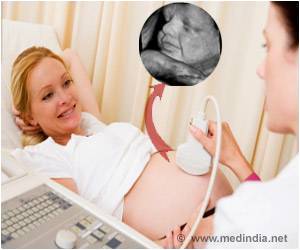Implementation of the PCPNDT Act to reveal the sex of the fetus has deprived the poor and needy population of life-saving and essential ultra-sonography.

Doctors and other medical professionals have reported that they were being put to extreme hardship while performing routine and essential scans to the extent of denying the facility of life-saving ultra-sonography to the poor and needy population especially women and children.
"Instead, in its current form, the implementation of the PCPNDT Act has deprived the poor and needy population (especially women and children) of life-saving and essential ultra-sonography. It is well-known and medically accepted that as a non-invasive, cost-effective and accurate diagnostic tool, this modality can help significantly reduce maternal and infant mortality," the committee said in a statement after the meeting.
The associations represented at the meeting included The Association of Healthcare Providers – India (AHPI), the Cardiological Society of India (CSI), the Federation of Obstetrics and Gynecological Societies of India (FOGSI), the Indian Federation of Ultrasound in Medicine and Biology (IFUMB), the Indian Medical Association (IMA), the Indian Radiology and Imaging Association (IRIA) and the Indian Society of Assisted Reproduction (ISAR).
Source-Medindia











